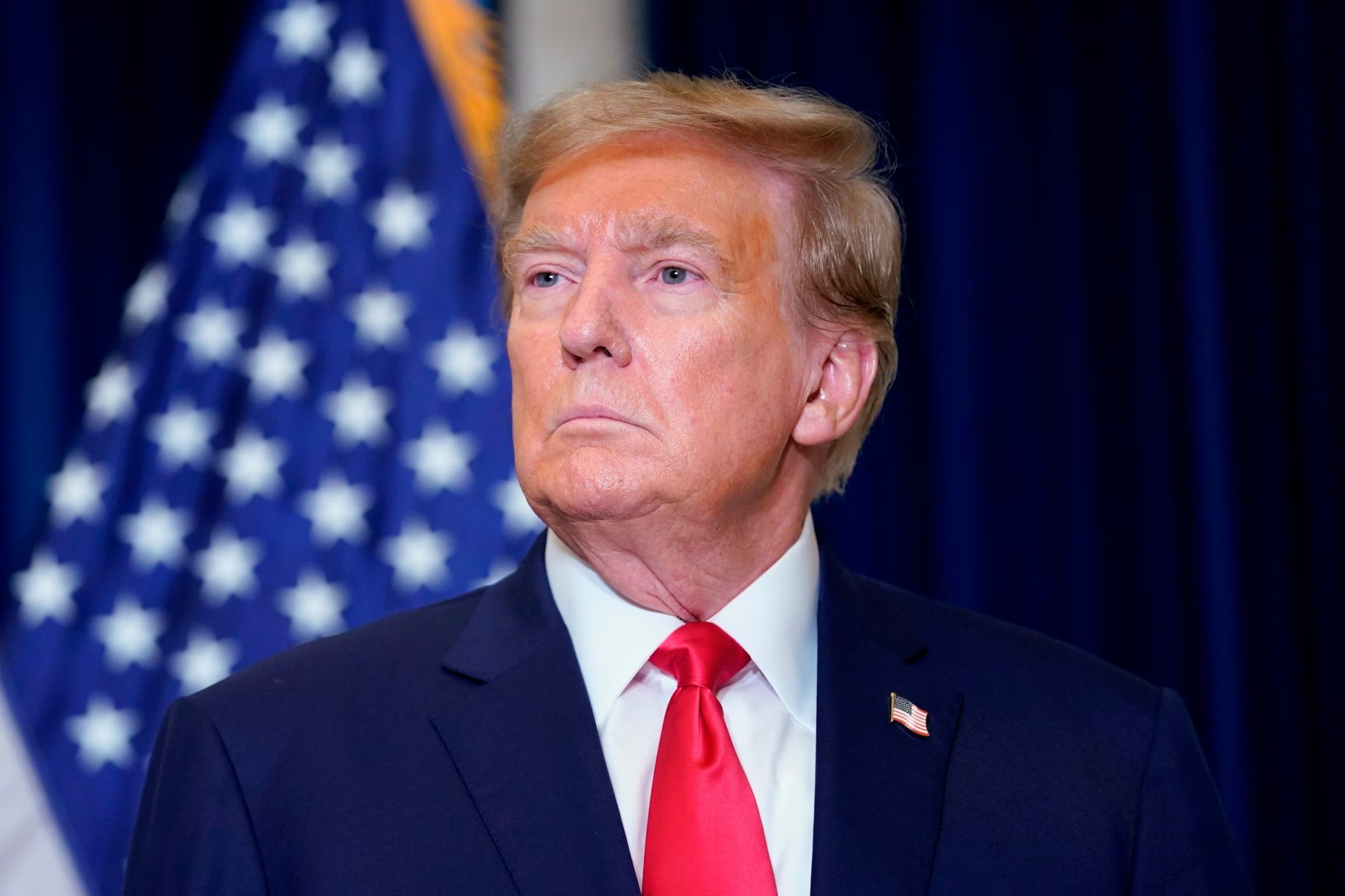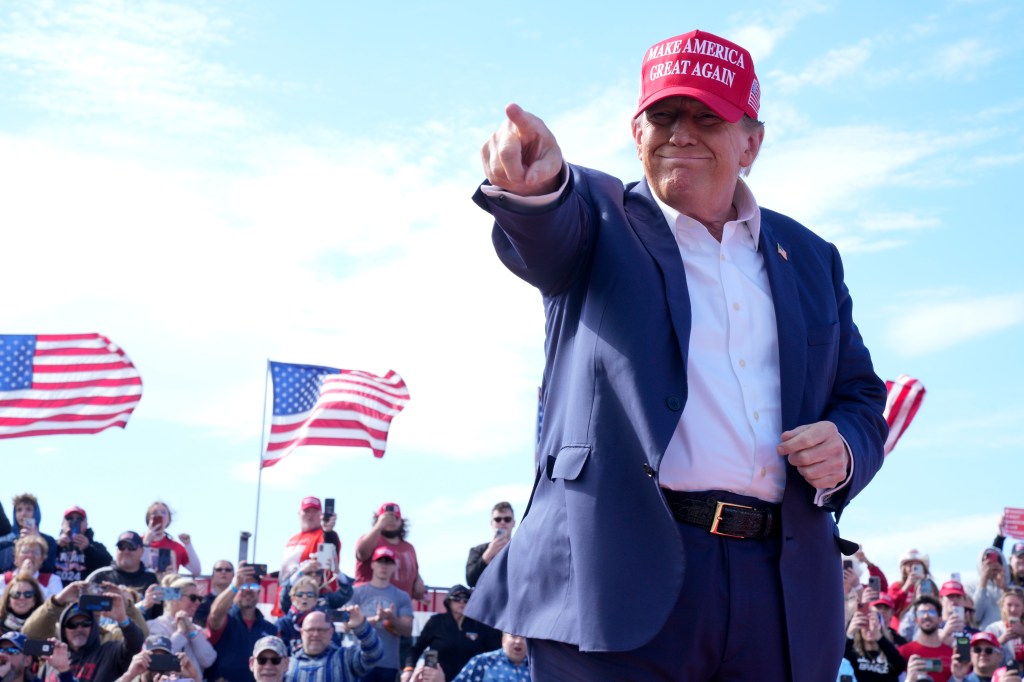The legal team representing former President Donald Trump presented a robust defense before the Supreme Court on Tuesday, urging the dismissal of a federal indictment accusing him of conspiring to subvert the 2020 election results in a bid to maintain his hold on power despite losing to Joe Biden.
In a comprehensive 67-page brief submitted in anticipation of oral arguments scheduled for April 25, attorney John Sauer asserted that Trump, aged 77, enjoyed broad immunity from prosecution for official acts conducted during his presidency.
Sauer emphasized, “A denial of criminal immunity would incapacitate every future President with de facto blackmail and extortion while in office and condemn him to years of post-office trauma at the hands of political opponents.”
Contrary to Trump’s claims of immunity, prosecutors led by special counsel Jack Smith argued that Trump’s actions surrounding the 2020 election, including the events culminating in the January 6, 2021, Capitol riot by his supporters, did not constitute official acts of a president but rather actions taken in his capacity as a candidate to manipulate the election outcome in his favor.

Trump (Credits; ABC News)
While two lower courts rejected Trump’s immunity defense, the Supreme Court opted to hear the case, aiming to address the broader constitutional question and postponing the trial initially set for March 4 in Washington.
Trump’s legal team further urged the justices that if they did not accept the immunity arguments, the case should be remanded to the district court for additional fact-finding, potentially leading to further delays before a trial could proceed.
Highlighting historical precedence, Trump’s lawyers underscored that for the first 244 years of the constitutional republic, no former or current president had faced criminal charges for official acts.
They cited the 1982 Supreme Court case Nixon v. Fitzgerald, which granted presidents absolute immunity from civil damages based on official acts but did not extend this immunity to criminal charges stemming from actions taken during their tenure.
Trump’s defense maintained that the president was acting within his official capacity to investigate allegations of election fraud and irregularities.
However, US District Judge Tanya Chutkan, overseeing the criminal case, rejected Trump’s arguments in December, asserting that presidents are not entitled to a “lifelong get-out-of-jail-free pass.” Last month, the DC Circuit Court of Appeals upheld her decision.
During oral arguments before the appeals court, Trump’s team faced questioning regarding the potential criminal liability of a president ordering extreme actions such as the assassination of a political rival. In response, Sauer indicated that impeachment and conviction would be prerequisites for such liability.
In their brief to the Supreme Court, Trump’s legal team urged the justices to safeguard the president’s separate power by neutralizing what they perceive as a significant threat, asserting that “a former president enjoys absolute immunity from criminal prosecution for his official acts.”
Notably, Trump appointed one-third of the justices on the Supreme Court, which is handling a docket filled with politically sensitive cases this session.
As the first current or former president to face criminal indictment, Trump is confronting a total of 88 counts across four indictments. He has consistently denied wrongdoing and pleaded not guilty to all charges.























